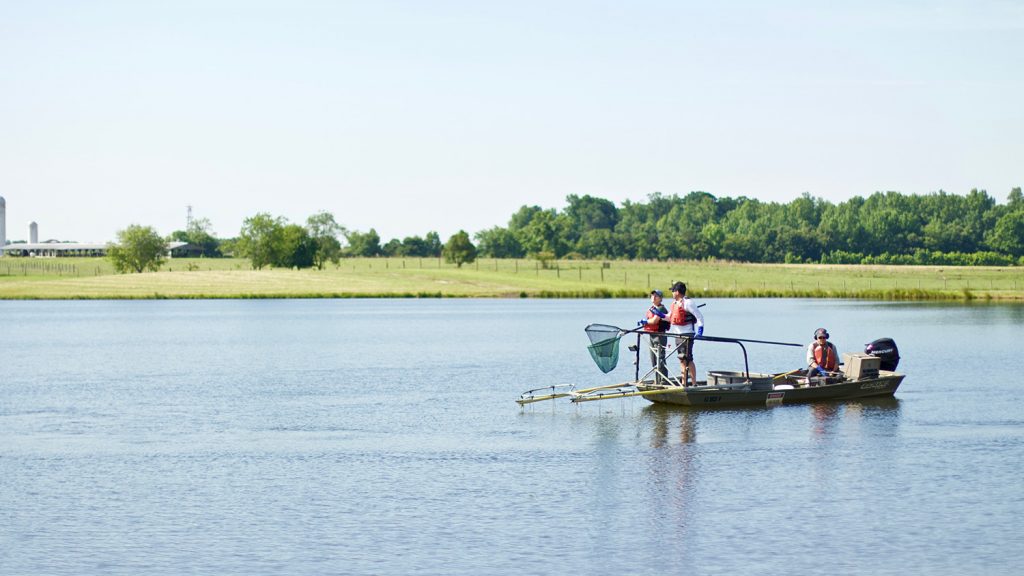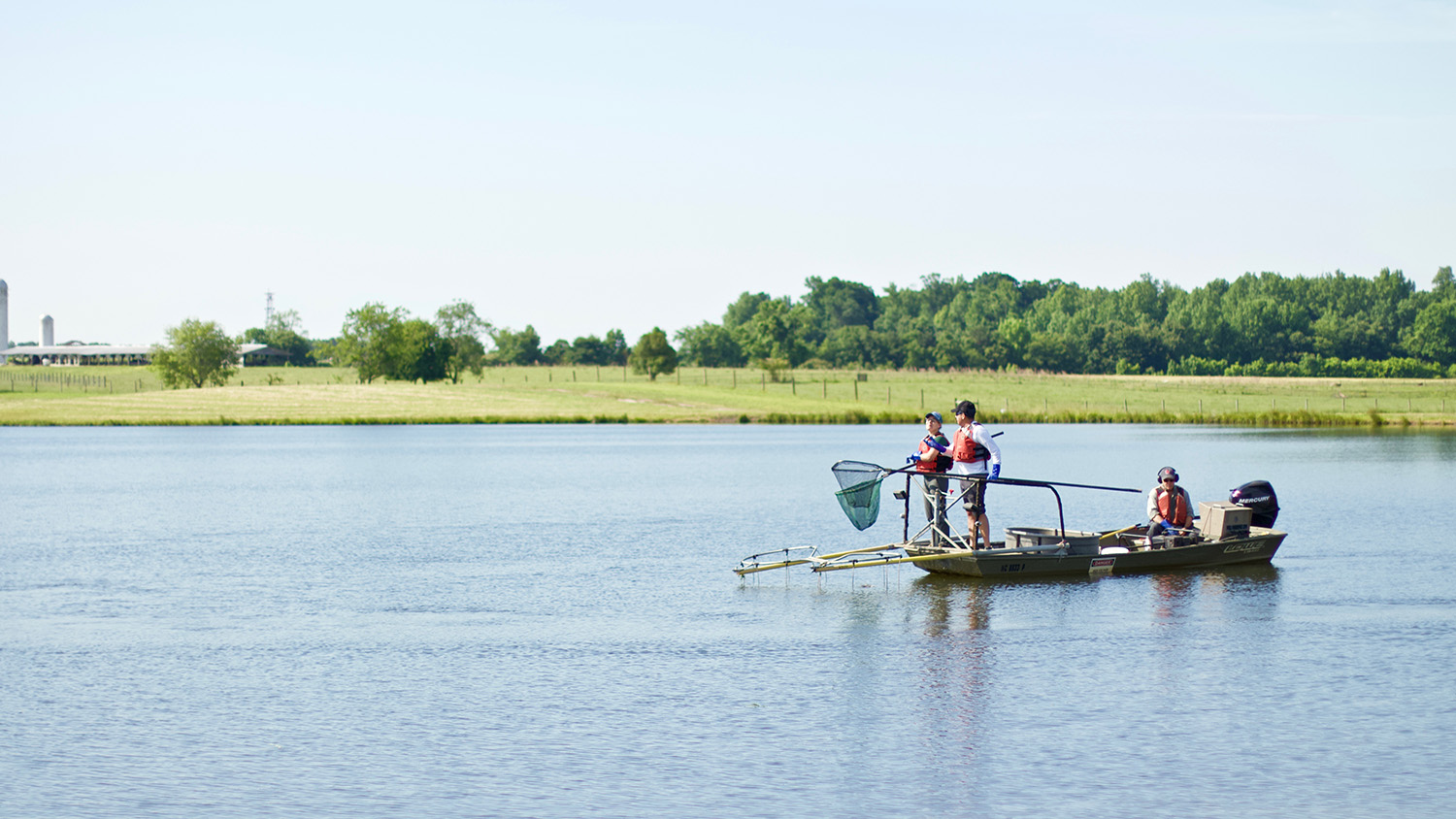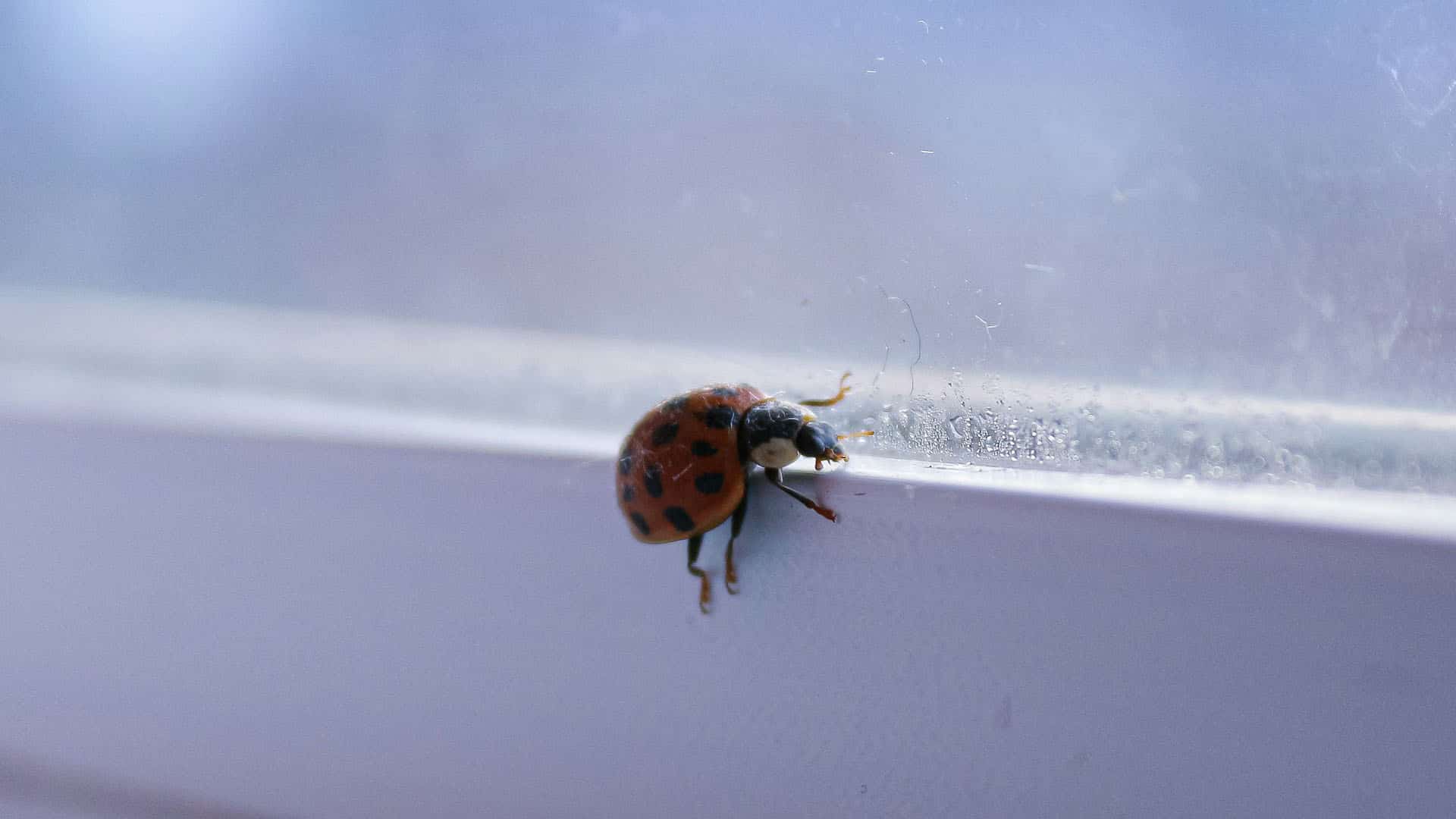Editor’s note: This is a guest post by Michelle Jewell, chief science communicator for NC State’s Department of Applied Ecology. The post first appeared on the Applied Ecology News page.
One of the ways ecologists assess an ecosystem’s health is by counting how many species — and how many individuals from each species — use an area. This is often easier said than done. For example, counting fish in a quickly flowing creek or river presents some obvious challenges. As any angler will tell you, most fish are pretty good at not being caught. So how can scientists reliably count fish in these ecosystems?
Ecologists in the NC Cooperative Fish & Wildlife Research Unit, which is within NC State’s Department of Applied Ecology, use the tried and true method of electrofishing.
Specifically, researchers use a device called an electrofisher to pass a weak electric current through the water, attracting and temporarily stunning nearby fish. That gives the researchers a few seconds to net the fish before the effect of the electrofisher wears off. Electrofishing setups come in different sizes, from the backpack electrofisher used to survey the small creek shown in the video above, to large, boat-based electrofishers that can survey lakes and large rivers (see below).
This method of surveying fish populations ticks many important boxes: it does not harm the fish, it’s relatively portable and can be used in many environments, and it allows scientists to collect and count many fish in a short amount of time.
We recently used the backpack electrofisher to assess the health of Rocky Branch Creek here on NC State’s Main Campus. Watch the process in action in the video above and see a surprising catch!

- Categories:



